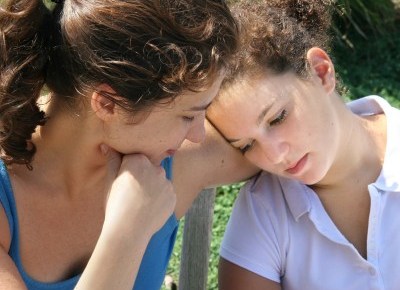
Today as never before, doctors have documented evidence to demonstrate that grieving can, in fact, make children sick. Health issues such as skin problems, cardiovascular disease, and even cancer can often track their onset to a painful event translated as grief.
Traumatic loss is so abhorrent to the mind that children often have difficulty coping. Children today have numerous opportunities to distract themselves from grieving properly — i.e. video games, computers, and television. From my experience as a human behavior specialist and a family & child development expert, here are some tips for parents and caregivers to help children deal with grievances in a healthy manner.
Dr. Gross’s Tips for Nurturing Bereaved Children
- Grieving children must get plenty of rest, eat a balanced diet and drink plenty of water.
- Exercise is also very important; however, remember that fatigue is often a characteristic of both loss and depression.
- Encourage a grieving child to express and vent shock, anger and fear. This will help the child stay connected to life and can re-establish trust in what has become an unsafe world.
- Children should be allowed to participate in the rituals of saying goodbye. This will give them a sense of reality and closure to this unthinkable event.
- Parents or caregivers of grief-stricken children should encourage their child to participate in weekly therapeutic groups with other children who have encountered the same kind of loss.

